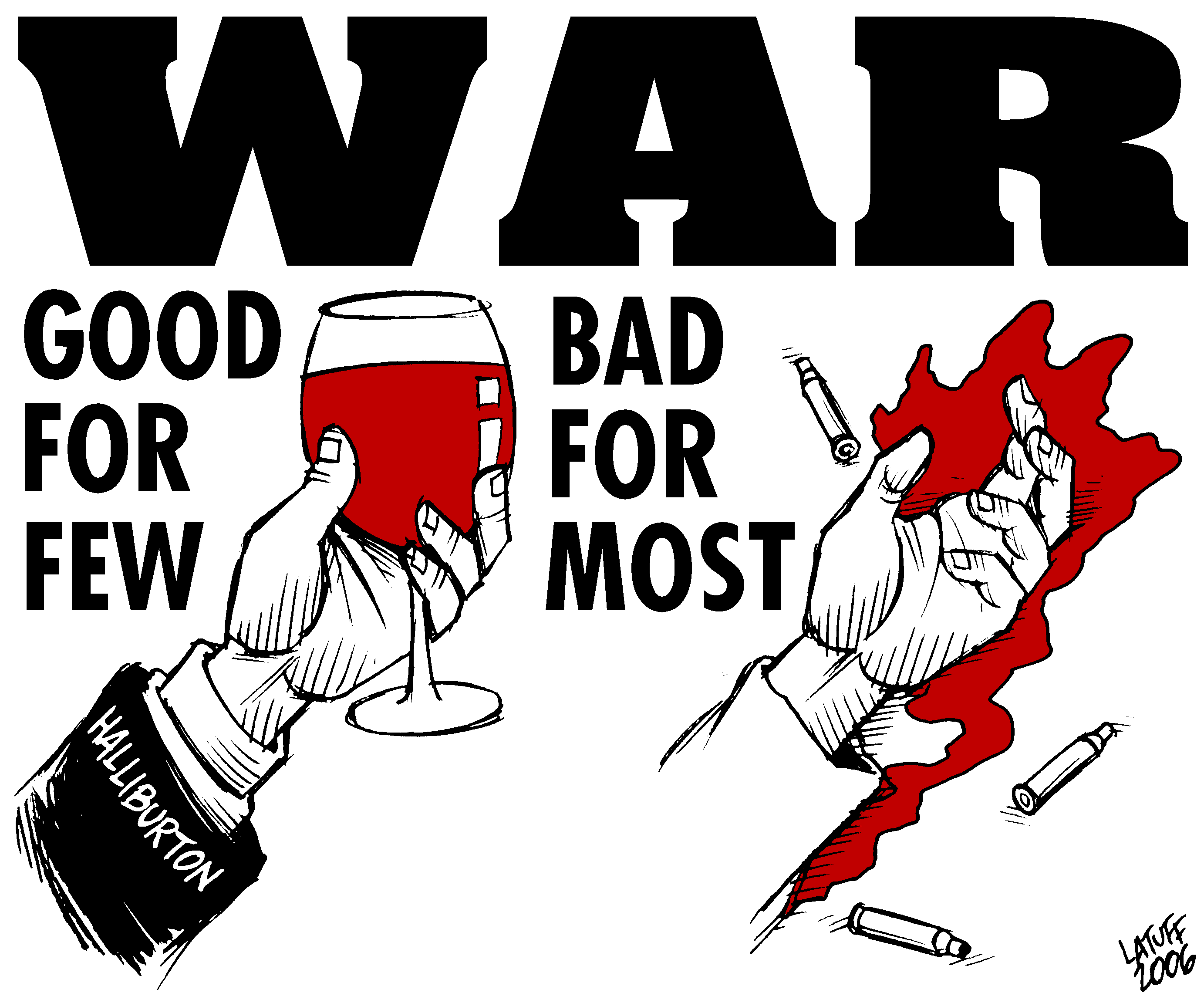
A Pattern of Passing Up Peace — with the Soviet Union, Iraq, Iran, Afghanistan . . .
(January 25, 2020) — The Joint Comprehensive Plan of Action (JCPOA) nuclear agreement with Iran was working. Iran was consistently in compliance, the US and Iran were talking and diplomacy was working. Then Trump turned his back on peace, shattered the diplomacy and resuscitated the hostile relation with Iran.
This pass that Trump took on peace was not the first time the US had been offered peace by Iran and passed it up. In 2003, Iranian president Seyyed Mohammad Khatami and Ayatollah Ali Khamenei approved a comprehensive nuclear proposal that they offered to President George W. Bush. Bush ignored the overture and refused to respond.
Illegally pulling out of the JCPOA was not only not the first time the US took a pass on an Iranian offer of peace, it was also not the last. Iranian general Qassem Suleimani went to Baghdad to deliver Iran’s response to a Saudi de-escalation overture. A de-escalation of violence between the leaders of the Sunni and Shi’ite worlds might go a long way toward potentially calming the Middle East. So, the US assassinated him.
America’s taking a pass on peace with Iran is not an isolated anomaly. It is part of a revealing and incriminating pattern that puts the lie to any American foreign policy of peace.
In 1979, the United States deliberately drew the Soviet Union into an invasion of Afghanistan, or, in the words of Carter’s National Security Advisor, Zbigniew Brzezinski, the US “increased the intervention possibilities.” In a 1998 interview with Le Nouvel Observateur, Brzezinski admitted that the “objective” of the “secret operation” “was to lead the Russians to the Afghan trap.” He told Carter that “This is our chance to give Russia its Viet Nam.”
The US didn’t want to end the war: they wanted to drag on the war, to create Russia’s Vietnam. So, ten years later, in 1989, as the Soviet army extricated itself from the “Afghan trap,” Mikhail Gorbachev offered a ceasefire to President Bush.
He proposed that both countries cease their weapons shipments, transition into a coalition government that included the US client mujahedin and free, democratic elections supervised by the U.N. In short, Gorbachev offered America everything in Afghanistan it could want as long as it could live with peace. It couldn’t. Bush spurned the offer and kept the arms tap pouring.
In a later Afghan war, the US would again take a pass on peace. When Mullah Akhtar Muhammad Mansur, a leader of the Taliban, attempted to negotiate with the US in 2016 to try to find a way to peacefully end the US occupation of Afghanistan, the US assassinated him.
And the pattern doesn’t end at the borders of Afghanistan or Iran. In 2011, America made up its mind to go to war with Libya and take out Muammar Gaddafi in an overt regime change. The goal was regime change. And Libya offered it to the US without war. But, once again, the US took a pass on peace. According to Charles R. Kubic, who was personally involved in the communications, Libya presented the US with “two valid cease-fire opportunities” for “negotiations to effect Gaddafi’s abdication. . ..”
At least one of those opportunities involved Gaddafi’s son, Saif. An internal communication sent by a colonel in the Joint Chiefs of Staff clearly declared that “A peaceful solution is still possible that keeps Saif on our side without any bloodshed in Benghazi.”
Offered a way to achieve their regime change goals on a platter of peace, the US once again passed on peace: Kubic says that “Both opportunities were rejected and shut down by Secretary Clinton,” who pushed instead for “a revolution led by . . . known terrorists.”

Two Afghan wars, Iran and Libya. On to Syria. The next year, in April of 2012, Secretary of State Hillary Clinton traveled to Istanbul for a meeting of countries who formed the support for the radical rebels who were undertaking a regime change in Syria. The countries called themselves the “Friends of Syria.”
On the table was a United Nations offer by Kofi Annan of a mediation effort. The offer had already been approved by Syrian President Assad. But, once again, the US passed on peace. Clinton rejected the offer. In place of U.N. mediation, she asked Kofi Annan to host a conference on regime change. According to reporting by The Guardian, Clinton sought “to persuade Kofi Annan to change the format of his plans to construct a contact group on Syria, and instead host a conference using the transition on Yemen as the model.”
In The Management of Savagery, Max Blumenthal says that journalist Nir Rosen told him that “the US and Europe consistently opposed and undermined attempts to negotiate local ceasefires in Syria and discouraged the UN special envoy from involving himself in them.”
A similar pattern of passing up peace reveals itself outside of the Muslim world as well. In Europe and South America, taking a pass on peace takes the form of rejecting elections in favor of potentially violent regime changes. At the height of the Ukrainian conflict, with the violence beginning to spread, democratically elected Ukrainian President Viktor Yanukovych agreed to a deal that was brokered, and witnessed, by the foreign ministers of Germany, France and Poland. The deal committed Yanukovych to agreeing to “an immediate ceasefire,” to “further limit presidential powers” and to hold “early presidential elections.”
According to Richard Sakwa, professor of Russian and European politics at Kent University and a leading scholar on Russia and Ukraine, “These were significant concessions and offered a peaceful and constitutional way out of the crisis.” But the coup leaders rejected the peaceful path and occupied the parliament. The US passed up the peaceful path and recognized the coup government.
Cross the ocean, new country: same script. When the Bolivian opposition declared the election of Evo Morales to be illegitimate and took him out in a coup, Morales offered a peaceful path out of the violence. As in Ukraine, despite the legitimacy of the election, Morales cooperated with the Organization of American States and agreed to replace the board of the electoral body and to hold new elections. But the offer was rejected, the coup was triggered and Morales was driven from office. Again, following the Ukraine script, the US government immediately recognized the coup government instead of choosing the peaceful path of backing the call for new elections.
For several decades now, a disturbing pattern has revealed itself in which the US consistently passes up on peaceful resolutions to regime changes around the globe. The pattern seems to put the lie to any pretense of a foreign policy of peace.
Ted Snider writes on analyzing patterns in US foreign policy and history.
Posted in accordance with Title 17, Section 107, US Code, for noncommercial, educational purposes.